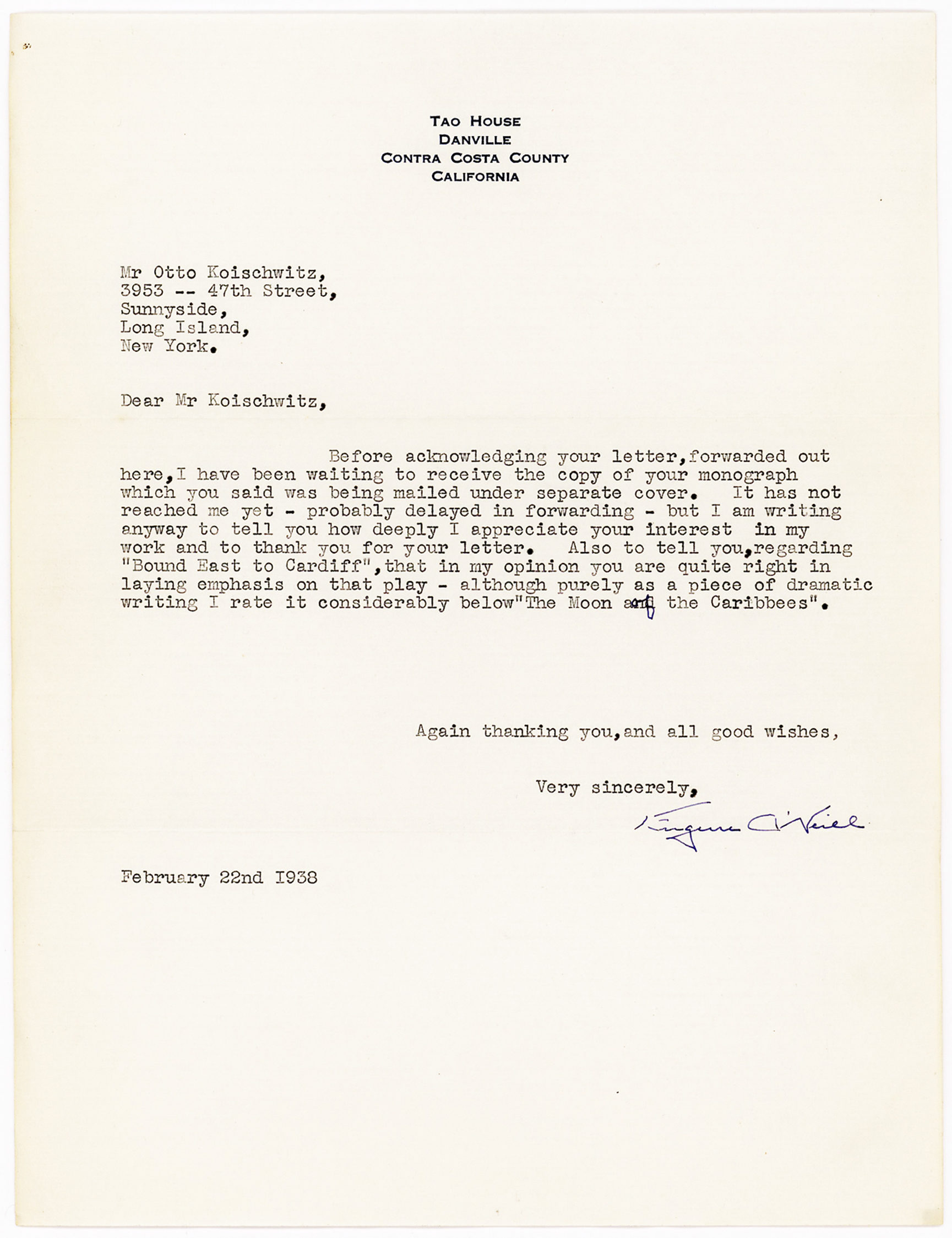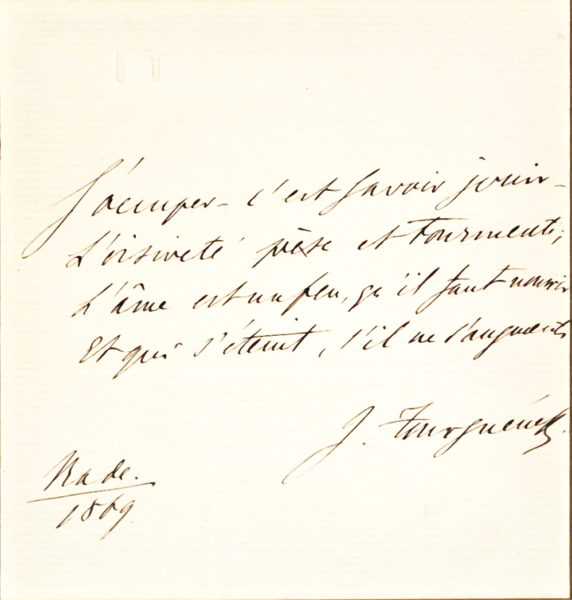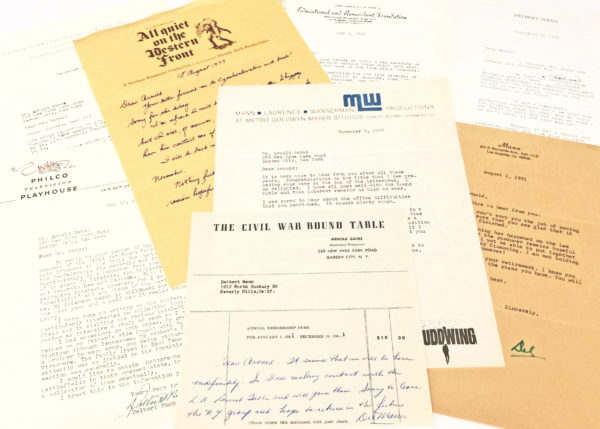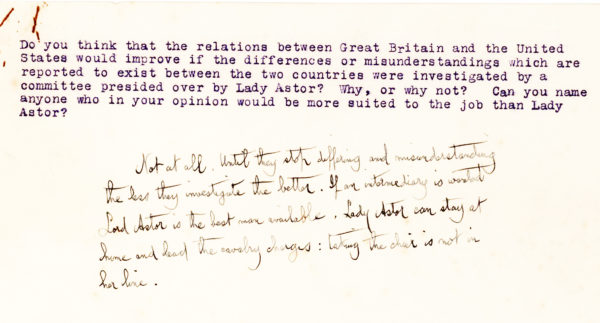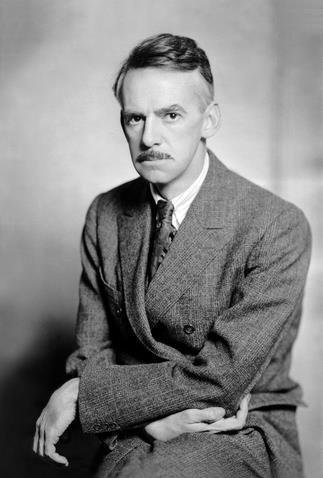
Perhaps America’s greatest playwright, O’Neill vaulted himself to success with his Desire Under the Elms, produced in 1924, followed by the Pulitzer Prize winning Strange Interlude, and the 1931 trilogy Mourning Becomes Electra. A regular among the Greenwich Village literati in the 1910s, O’Neill became involved with the Provincetown Players in 1916, a theater company that debuted many of his early plays at their theaters in Provincetown, Massachusetts and Greenwich Village.
Inspired by his own years at sea as a sailor, Bound East for Cardiff and The Moon of the Caribbees were first performed in 1916 and 1918 by the Provincetown Players. The two one-act plays make up half of the Glencairn cycle, a series of four plays that take place on the S.S. Glencairn. The Glencairn plays, or the “sea plays” also include In the Zone and The Long Voyage Home. O’Neill considered The Moon of the Caribbees one of his best works. The play was inspired by his own experiences as a sailor in Trinidad.
A German professor at Columbia University and Hunter College, German-born Koischwitz became a U.S. citizen in 1935. In 1938, he published the first European critical analysis of O’Neill’s work, the “monograph” referred to in our letter. Koischwitz openly supported Hitler and the Nazi regime, and in 1939, after introducing anti-Semitic content into his courses, he was asked to take a leave of absence from Hunter College. From 1940 until his death in 1944, Koischwitz worked as a program director for the Nazi run German State Radio, broadcasting propaganda directed towards college students and German-Americans, while his American girlfriend and fellow radio commentator, Mildred Gillars, became known to American GI’s as “Axis Sally.” An unusual association, to say the least! Folded and in very good condition.

